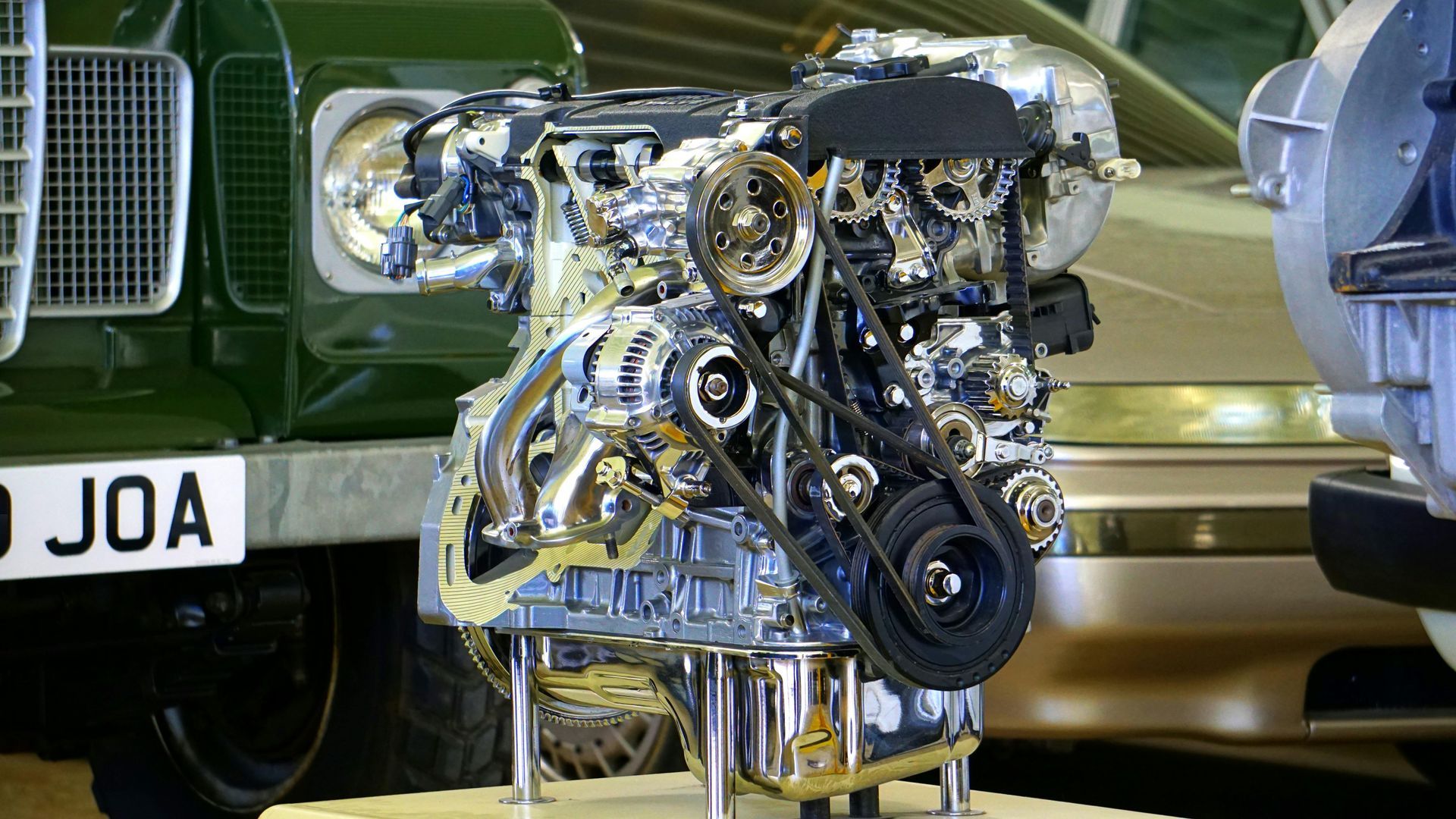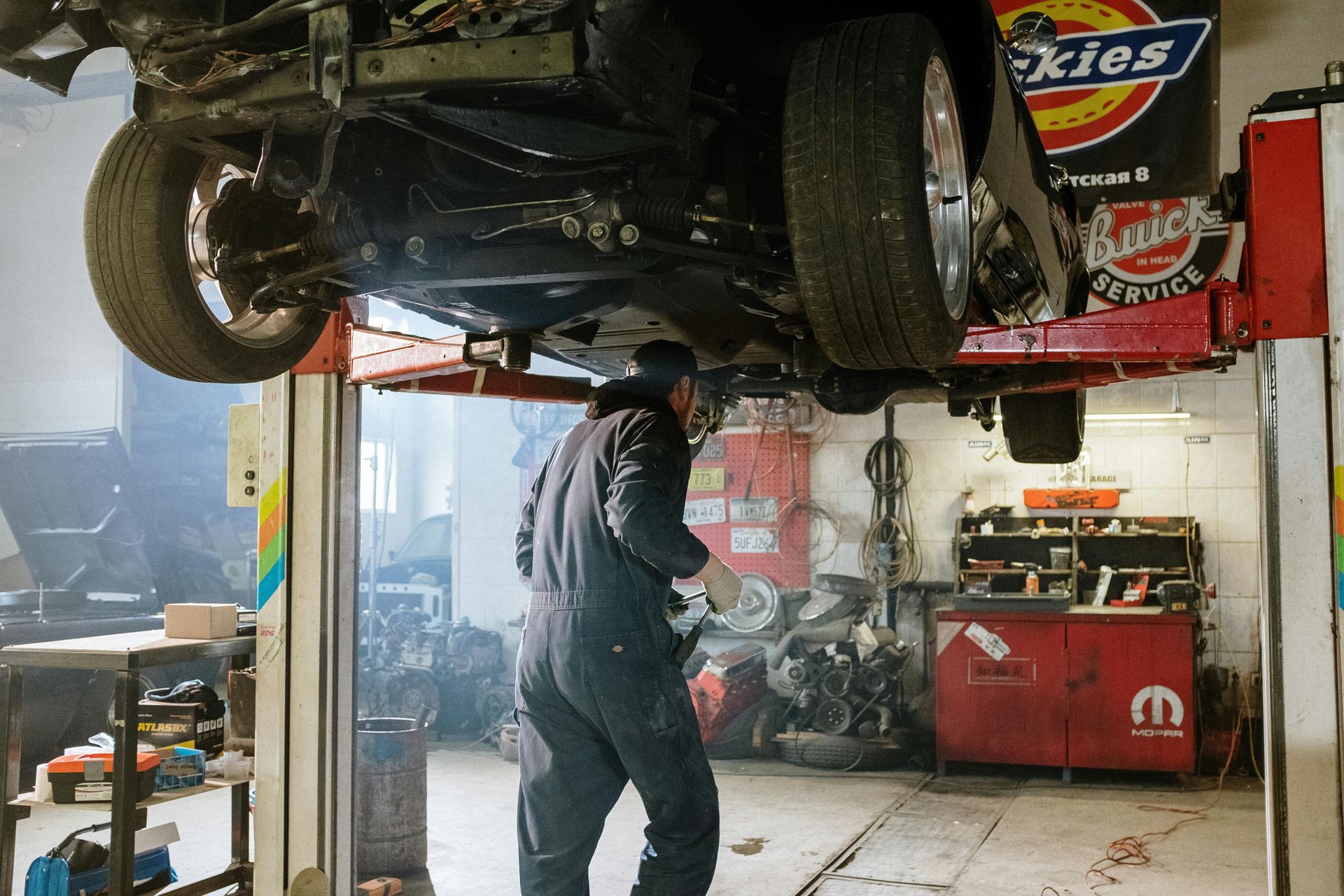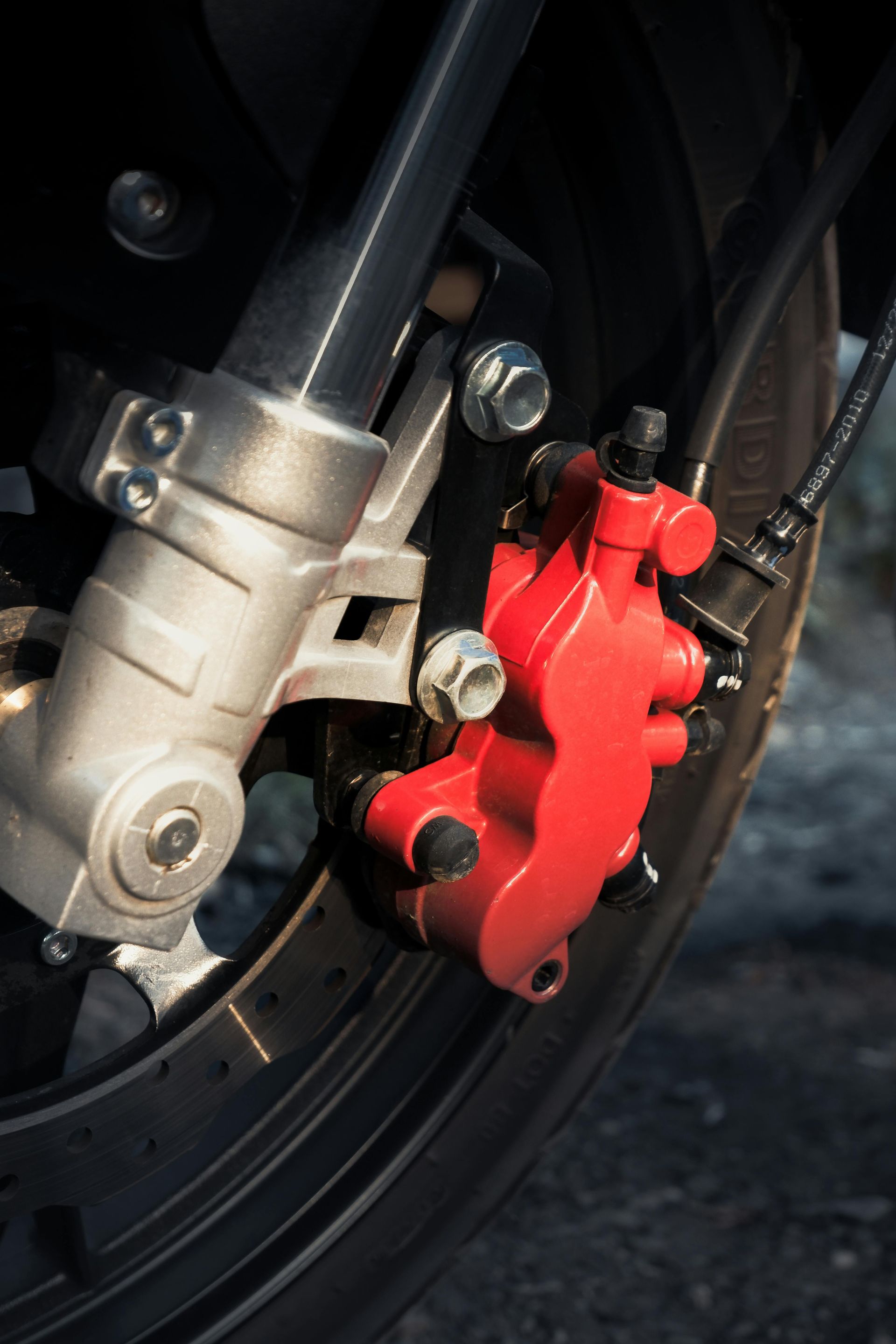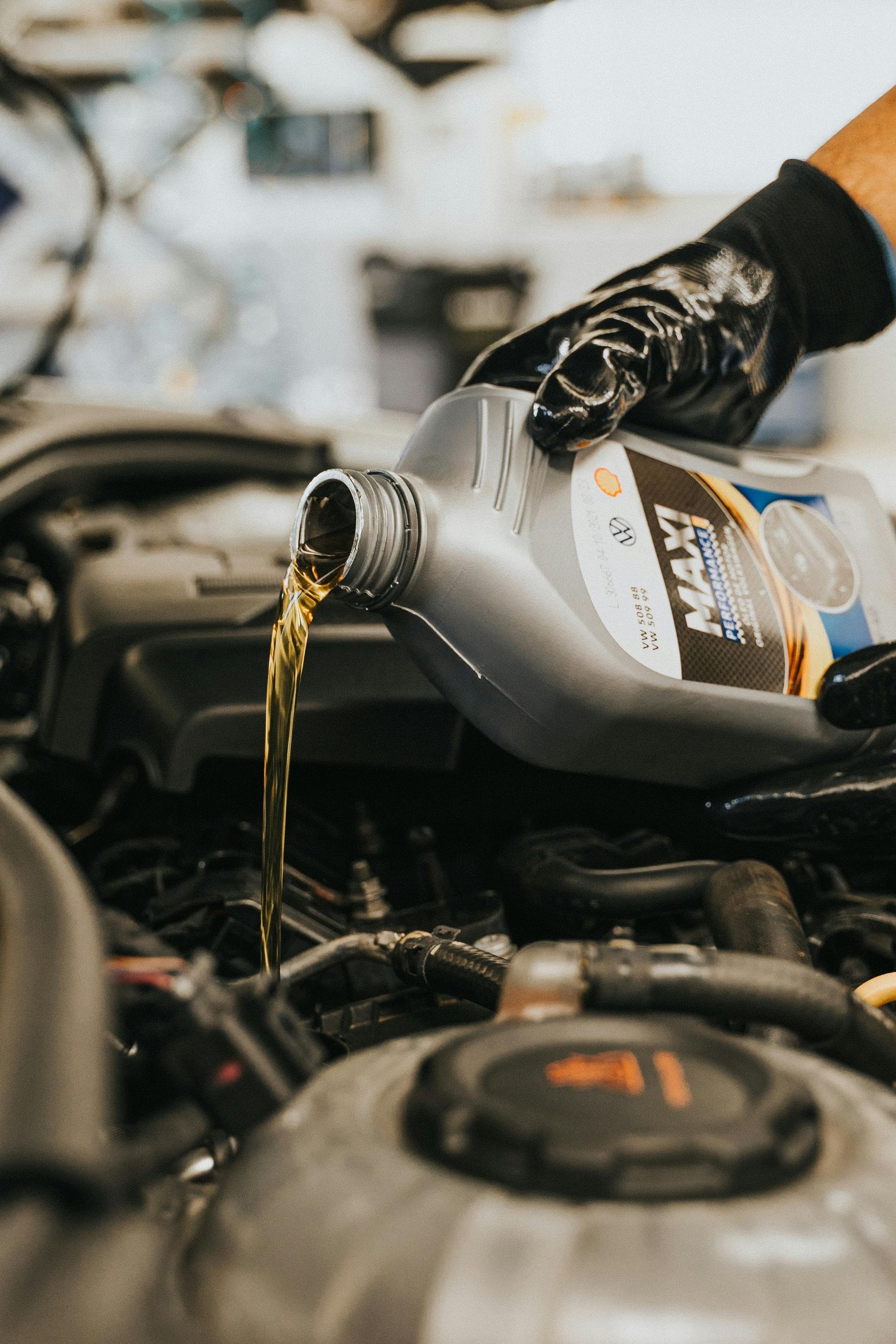Everything you should know about Car AC Components and Functioning
During hot summer days experiencing the cool breeze from your car air conditioner is mandatory. Having the right functioning AC system in your car is a blessing, Like the most car owners How much do you know about the air conditioning system which operates in your car to keep it running smoothly?
Without working air conditioner, driving in hot weather of Houston, will become an unendurable experience for common driver. Let’s explore the different car ac components of ac system and how does they work?
Key Takeaways
- Compressor, condenser, expansion valve, and evaporator are essential components for efficient cooling in car air conditioners.
- The accumulator ensures proper refrigerant storage and maintenance, preventing system damage and ensuring optimal functioning.
- Each component plays a crucial role in the cooling process, from converting refrigerant to cooling the air in the cabin.
- Understanding these components and their functions helps maintain and troubleshoot car air conditioning systems effectively.
Car AC Components and Their Functions
When you open the hood of your car, you’ll find essential components that make up the car’s air conditioning system . These components include the compressor, condenser, thermal expansion valve or orifice tube, evaporator, and accumulator or receiver/drier. Each part plays a crucial role in ensuring your car’s A/C functions efficiently to keep you comfortable while driving.
Compressor
The compressor in a car’s air conditioning system plays a crucial role in pressurizing and circulating the refrigerant to cool the air inside the vehicle. It is typically belt-driven via a pulley connected to the engine. When the refrigerant enters the compressor, it is in a low-pressure gaseous state. The compressor’s main function is to pressurize this refrigerant, converting it into a high-pressure gas. This compressed gas then flows to the condenser, where it releases heat and transforms back into a liquid state. The compressor is essential for maintaining the continuous cycle of refrigerant circulation, ensuring that the air conditioning system can effectively cool the interior of the car.
Condenser
One crucial component of a car’s air conditioning system is the condenser, responsible for dissipating heat from the compressed refrigerant gas. The condenser facilitates the cooling of the hot, high-pressure refrigerant vapor into a liquid form by allowing heat exchange with the surrounding air. Similar to a radiator, the condenser is positioned at the front of the vehicle to maximize airflow.
As the refrigerant flows through the condenser coils, the heat is released, causing the refrigerant to condense and transform into a high-pressure liquid. This crucial step prepares the refrigerant for the next stage in the air conditioning process. Understanding the role of the condenser is vital for ensuring optimal cooling performance in your car’s air conditioning system.
Thermal Expansion Valve or Orifice Tube
Positioned after the condenser in the car’s air conditioning system, the Thermal Expansion Valve or Orifice Tube plays a critical role in regulating the flow and pressure of the refrigerant. The thermal expansion valve is a precise component that adjusts the refrigerant flow based on the temperature and pressure in the system. It ensures that the refrigerant reaches the correct temperature before entering the evaporator, optimizing the cooling process.
On the other hand, the orifice tube acts as a fixed metering device, controlling the flow of refrigerant into the evaporator. Both components are essential in maintaining the efficiency and performance of the air conditioning system in your car. Understanding how the thermal expansion valve and orifice tube work can help you troubleshoot potential issues and ensure your AC system functions at its best.
Evaporator
Within the car’s air conditioning system, the evaporator functions as a crucial component responsible for cooling the incoming air. As part of the automobile air conditioning system, the evaporator is typically located inside the vehicle cabin, often behind the dashboard. It plays a vital role in the cooling process by evaporating the refrigerant, which absorbs heat from the air passing through the evaporator coils.
This cooled air is then blown into the cabin, providing a comfortable temperature for the occupants. Understanding how the evaporator works is essential to comprehend the overall functioning of the car air conditioning system. It is a key element in the process of how does AC work in a car, making it a significant part of the cooling mechanism.
Accumulator or receiver/drier
The next component in the car’s air conditioning system after the evaporator is the accumulator or receiver/drier, which serves a critical function in maintaining the efficiency and performance of the AC system. The accumulator’s primary role is to store excess refrigerant and oil that comes from the evaporator before it reaches the compressor.
By doing so, it prevents any liquid refrigerant from entering the compressor, which could potentially damage it. Additionally, the accumulator also acts as a filter, removing any moisture or debris present in the refrigerant, ensuring that only clean, dry refrigerant flows into the compressor. This component plays a crucial role in protecting the AC system from potential harm and ensuring its optimal functioning.
What Could Possibly Go Wrong?
In the realm of car air conditioner components and functioning, potential issues may arise that can disrupt the system’s performance. One common problem is refrigerant leaks, which can occur due to damaged hoses, seals, or connectors. Low refrigerant levels can lead to inefficient cooling. Another issue is a faulty compressor, often indicated by loud noises or the air conditioner not blowing cold air.
Clogged or dirty filters can restrict airflow, reducing cooling capacity. Electrical problems like a malfunctioning thermostat or wiring issues can also impact the system’s operation. Regular maintenance, such as checking refrigerant levels and cleaning filters, can help prevent these issues and ensure your car’s air conditioner functions optimally.
Choose the Right Repair Service
For the best car air conditioner repair service , consider evaluating the expertise and reputation of potential service providers in your area. Look for technicians with certifications from organizations like ASE or HVAC Excellence, as this indicates a high level of training and skill. Check online reviews and ask for recommendations from friends or family to gauge the reputation of the repair service. Ensure that the auto ac repair shop uses quality replacement parts and offers a warranty on their work.
Additionally, inquire about their experience with your specific make and model of car air conditioner to ensure they have the necessary knowledge to diagnose and fix any issues accurately. By carefully selecting a reputable and skilled repair service, you can have confidence in the quality of the repairs done to your car’s air conditioning system.
For more information about air conditioning and vehicle components, or to schedule repairs or service, contact 281-495-3777 our experienced auto repair shop in Houston, Tx today.









